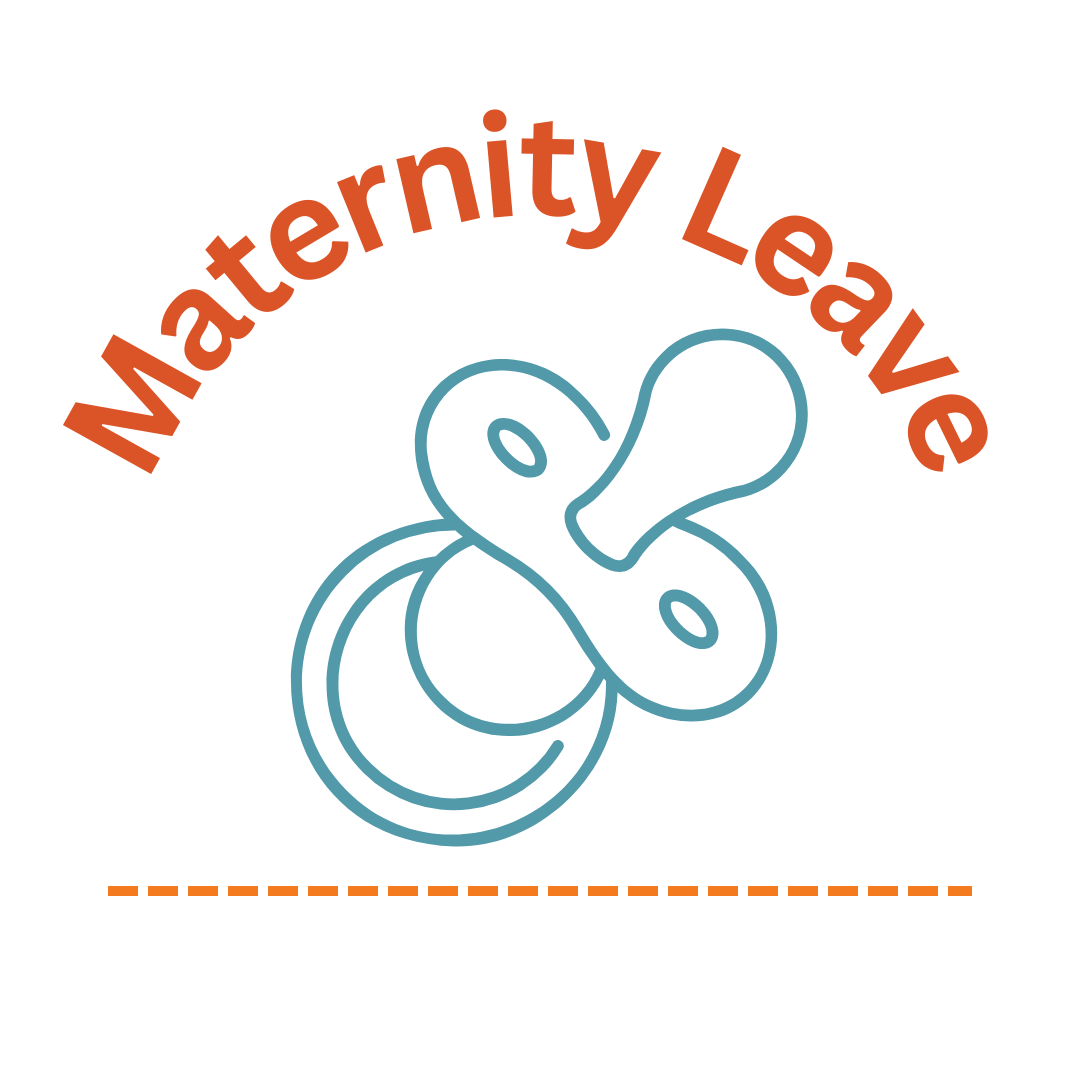4.12.23
By Jennifer Jacobus, PHRca, SDEA Director of HR Service 
An employee’s pregnancy announcement can spark emotions ranging from glee and excitement for her to dread, concern, and frustration on the part of those who will have to administer her leave, allocate her job duties, and deal with the twists and turns of the leave process itself. There are many federal and state laws that require job-protected leave, benefit continuation, and accommodations as well as those laws that prohibit retaliation. However, understanding the definition of adequate accommodations proves problematic for many employers.
A request for an accommodation by a pregnant employee should be handled the same way as a request for any disability under the ADA. What does that mean? It means that employers must enter into the interactive process and consider accommodations that are reasonable.
According to the Job Accommodation Network (JAN), which provides resources to employers who need information and assistance on disability accommodations, possible accommodations for pregnant employees may include:
- Temporary re-assignment of duties, alternate work stations, ergonomic chairs/stools, lift aids, reserved parking
- Flexible arrival time, periodic rest periods; food, water, and bathroom breaks; limited overtime, flexible use of leave
- Exceptions to dress code as well as relaxed “no food or drink” and “no sitting” policies
An accommodation may require an employer to bend company rules and be flexible within the company’s set policies. As part of the interactive process, the employer should ask the employee, “How can I help?”; limit questions and inquiries to the accommodation itself rather than the disability (although the pregnancy will most likely be obvious); and document, document, document. Remember that accommodations apply before the baby is born as well as after and even when the employee returns to work.
Be careful not to provide accommodation options when they are not requested. An employer could face an issue of retaliation or discrimination if he or she “forces” an employee to take an early leave of absence based solely on the assumption that the employee cannot do her job, that she cannot do it safely, or that pushing her to take an early leave is a help.
Nearly all employers are subject to laws that protect the employee’s job. Make sure that the employee returns to her same job, same benefits, same working hours, same office space, same working responsibilities, same everything! If an employee feels as if she is being treated differently due to the fact that she has exercised her rights, her employer becomes vulnerable to the hassle of expensive claims.
SDEA recognizes that leaves of absences are confusing to both the employee and the employer. SDEA members can join us for a free webinar on Tuesday, April 18, Managing Pregnancy Leaves, for information to make the process a bit easier, click here to register.
But that’s not all! SDEA can also take the burden off your plate entirely and administer the leave for you. For more information, call us at 858.505.0024. Remember SDEA is not just here for you, we are here with you.




